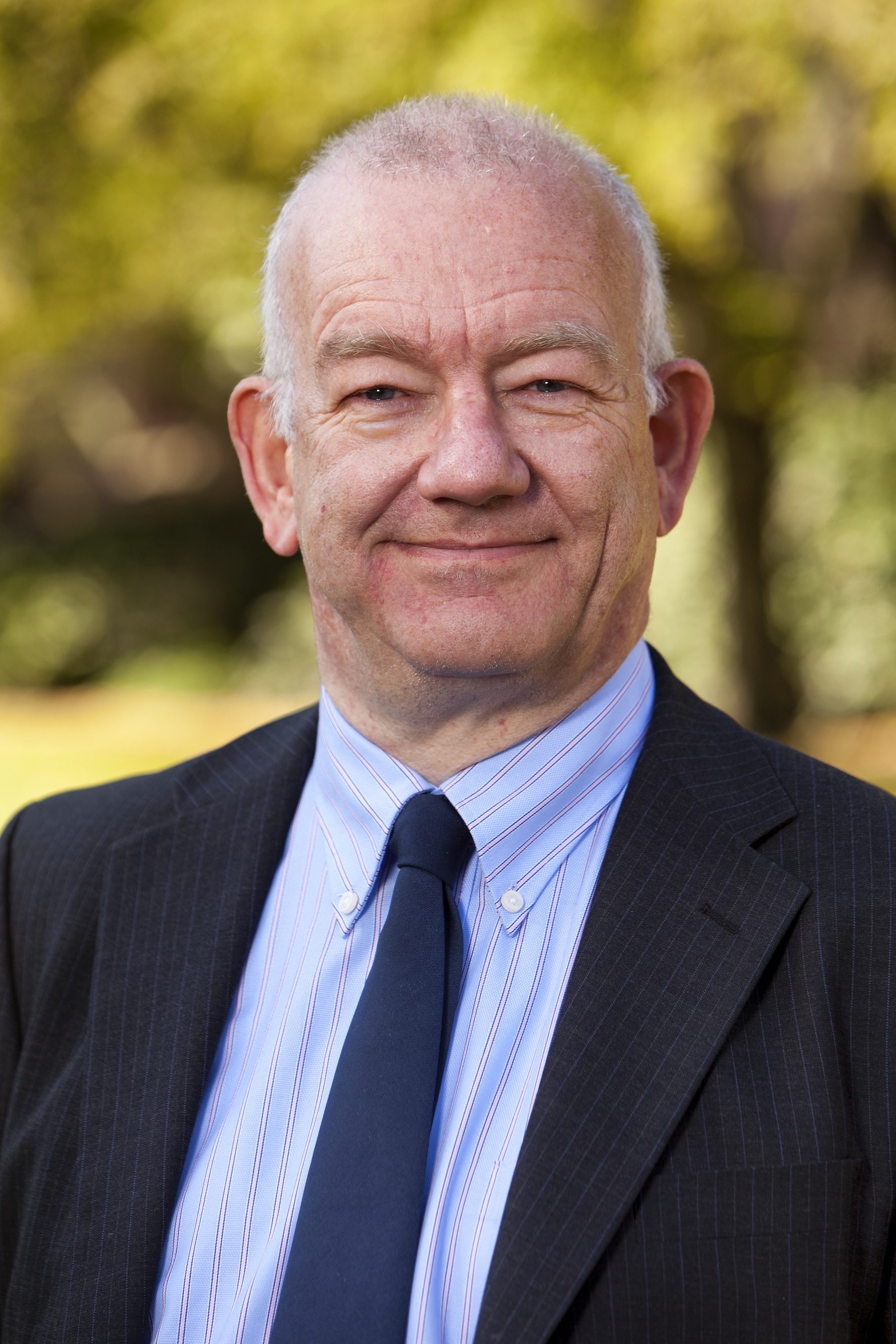the un's main web in europeis geneva -not only world health and trade who and wto there- prctical tradingmaps are made at unctad, its sister pracice arena the itu gets billionaires of mobile nations to debate their future maps, peace and nuclear are also mediated out of genevas' as our corporations 4 industrial revolutions at the world economic form- its big 3 annual events are davos the nearest moutain resort to geneva, china's radical tech and community champions, un in new york -its 4 metahubs apart from genva are beijing tokyo delhi san fran
Program of Events
Note: The time schedule is expressed in Central European Summer Time (CEST)
Saturday 15
2 – 2:30 pm Introduction - Young Scholars Initiative (Link to Attend)
Description: The session is specifically curated for the participants of the Summer School to introduce them to the Young Scholars of the Institute for New Economic Thinking (INET-YSI) and the UNCTAD Summer School 2020. During the session, we will briefly touch upon the structure of the Summer School and the technical modalities of the online platform. We will also present the details of the mentorship program and the blogpost writing competition. We will also use this session to address any other general or technical queries that the participants might have. Finally, we will also discuss ways in which the participants can be involved with the activities of INET-YSI beyond the Summer School.
Sunday 16
1 pm Welcome, Presentation of the School and Opening Keynote: “Why Do We Need to Transform Economics and How Do We Do It?” (Link to Attend)
Richard Kozul-Wright (UNCTAD)
Keynote Address: Jayati Ghosh (Jawaharlal Nehru University)
Debunking Myths Session: Myths About International Trade and Competitiveness (Link to Attend)
Moderator: Richard Kozul-Wright (UNCTAD)
2.30 pm Ha-Joon Chang (University of Cambridge)
3.45 pm Fiona Tregenna (University of Johannesburg)
Description: International trade theory has a vaunted place in the economics canon and its abiding notion of comparative advantage lies behind the one-size-fits all policy advice to liberalize as the assured way for countries to integrate beneficially into the global economy. In reality, international trade relations have always been structured around asymmetric patterns of dominance, economies of scale and technological learning and successful economies
have rarely embraced a simple policy of rapid tariff reductions. This opening session will provide an introduction to the debates around international trade and its place in today hyperglobalised world economy.
Monday 17
Debunking Myths Session: Myths About Monetary Policy, Inflation Targeting and Central Bank Independence (Link to Attend)
Moderator: Nurlan Jahangirli (University of Hamburg, YSI)
2 pm Mary O’Sullivan (University of Geneva)
3.30 pm Matias Vernengo (Bucknell University)
-the only way nations have ever developed is state capitalism or finding a way to collect huge foregn reserves before focusing on a development leap
Description: Much of the pro-growth policy effort deployed in the past 10 years relied on the action of the central banks. The possible continuation of this framework in the Covid-19 crisis calls once again into question the actual capacity of conventional and unconventional monetary policy to trigger and reinforce a recovery, the fitness of the international monetary architecture to guarantee stability and, more broadly, the political role – both nationally and internationally – of central banks.
Tuesday 18
2 pm Thematic Symposium: What Green New Deal Can We (Not Not) Afford? (Link to Attend)
Moderator: Diana Vivienne Barrowclough (UNCTAD)
Richard Kozul-Wright (UNCTAD)
Juan Carlos Moreno Brid (National Autonomous University of Mexico-UNAM)
-the triple whammy of covid is hitting latin am nations much worse than is being admitted- at the moment i cant see any nation preventing loss of at least a decade of development
Juliet Schor (Boston College)
Description: The pandemic demanded a high human death toll, and it challenged the organization of our economies and lifestyles. But another looming disaster menaces our very own survival: the climate crisis. What can we and must we do about it? Is there a conflict between green economy, and development and full employment policies? What are the current challenges across the world? What is politically feasible?
Wednesday 19
Debunking Myths Session: Myths About Fiscal Policy and Structural Reforms (Link to Attend)
Moderator: Orsola Costantini (UNCTAD)
2 pm Nelson Barbosa (Sao Paulo School of Economics)
3.30 pm Jan Kregel (Levy Economics Institute of Bard College)-
real economists are very fristrated- while we know when to urgently deploy a keynsian solution, politics has broken down so much that in crisis keysianism becomes the last ideology to be adopted
Description: Committing to do “whatever it takes” amounted to admitting that anything is possible. In front of evidence of past failure, is it still possible for policymakers to justify fiscal austerity and the compression of the living standards of the largest share of the population? What are the main relevant economic concepts at play and what are the practical challenges in designing a fiscal policy?
Thursday 20
2 pm Thematic Symposium: The Growth of China (Link to Attend)
Moderator: Yuefen Li (South Centre)
Kevin Gallagher (Boston University)
Arkebe Oqubay (Government of Ethiopia)
Justin Yifu Lin (Peking University)
Description: China has emerged as a global political and economic power, but just how strong is its model and what will its implications be in the post -pandemic?
Friday 21
2 pm Thematic Symposium: Discrimination and Intersectionality: Exposing the Blind Spots of Conventional Economics and Policy-Making (Link to Attend)
Moderator: Surbhi Kesar (Azim Premji University, YSI)
Elissa Braunstein (Colorado State University)
Naila Kabeer (London School of Economics)
Rhonda V. Sharpe (Women’s Institute for Science, Equity, and Race)
Description: Very few economists would argue that discrimination should persist. But the interpretation of the nature of the problems is just as divisive as the suggestion of appropriate policies.
Saturday 22
2 pm Thematic Symposium: The Future of Work, the Future of Welfare (Link to Attend)
Moderator: Piergiuseppe Fortunato (UNCTAD)
Deborah James (Center for Economic and Policy Research CEPR)
Ipek Ilkkaracan (Istanbul Technical University- ITU)
Guy Standing (SOAS University of London)
Description: Experts have been denouncing the dualism and inequality in the labor market both in the developed and in the developing countries. The current crisis has both intensified and transformed those tensions. How does the future of labor look like, and how can governments respond and adapt welfare institutions? What choices are they likely to make?
Sunday 23
2 pm Concluding Debate: Neoliberalism is Dead. Long Live…What? (Link to Attend)
Moderator: Grace Blakeley (International Progressive Policy Review-IPPR)
Jayati Ghosh (Jawaharlal Nehru University)
Gerald Epstein (University of Massachusetts, Amherst-UMass)
Surbhi Kesar (Azim Premji University, YSI)
Rob Davies (Ex-Minister, Trade and Industry, South Africa)
Quinn Slobodian (Wellesley College)
Description: The effort deployed by governments during and after the lockdown led observers to claim that globalization and the Neoliberal order, already shaky, have finally given way to a new state-driven nationalist model. While hopes for a new more equitable global system remain open, the dollar has proven to remain soundly at the top of the international monetary hierarchy. Similarly, the power of big financialized corporations does not seem to diminish, nor previous geopolitical tensions around the world have disappeared.
How to Apply:
Deadline for applications: August 10th
UNCTAD summer school welcomes applications from young policy makers and scholars, as well as members of the diplomatic corps.
To apply to summer school please visit the application form.
Contact information
For specific inquiries, please contact: gul.unal@un.org or development@youngscholarsinitiative.org
General Information
The school is jointly organized by the Division on Globalization and Development Strategies at UNCTAD and the INET-Young Scholars Initiative.
Organizers information
UNCTAD
UNCTAD is a permanent intergovernmental body established by the United Nations General Assembly in 1964. The organization is governed by its 194 member States and is the United Nations body responsible for dealing with economic and sustainable development issues with a focus on trade, finance, investment and technology. It helps developing countries to participate equitably in the global economy. UNCTAD carries out economic research, produces innovative analyses and makes policy recommendations to support government decision-making.
Division on Globalization and Development Strategies at UNCTAD
The Division promotes policies at the national, regional and international level that are conducive to stable economic growth and sustainable development. It regularly examines the trends and prospects in the world economy, undertakes studies on the requirements for successful development strategies and on the debt problems of developing countries. It also provides technical support to developing countries in their efforts to integrate into the international financial system and to manage their external debt.
INET- Young Scholars Initiative
YSI is an international community comprised of students, young professionals, and researchers. It provides a home to students, young professionals, or others who embrace new and critical ways of thinking about the economy. YSI fosters conversation between like-minded peers and connects young scholars to the Institute’s vast network of economists. YSI provides a platform for pursuing your interests in new economic thinking and a lively and stimulating intellectual environment for collaborating on furthering our understanding of the economy. The goal is for every member to be able to follow their curiosity and find resources and support for their specific intellectual pursuits in the overall community effort.



